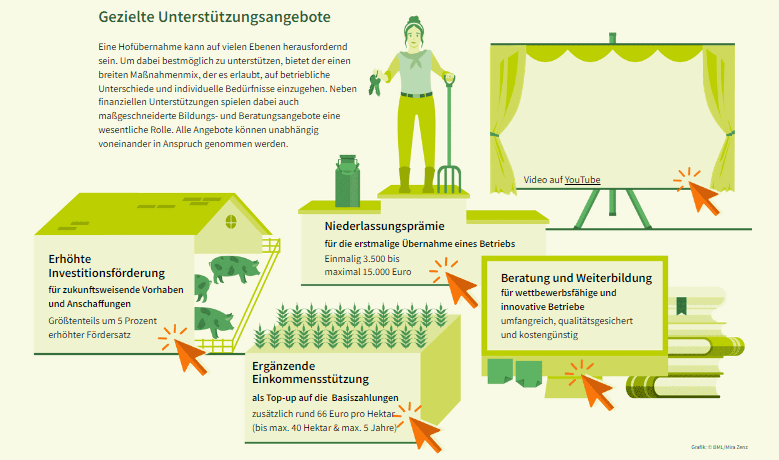How Austria Supports Its Young Agricultural Leaders
The agricultural sector in Austria is on the cusp of significant transformation, with young farmers leading the charge. The Bundesministerium für Land- und Forstwirtschaft, Regionen und Wasserwirtschaft (Federal Ministry of Agriculture, Regions, and Tourism) recognizes the pivotal role these young agricultural entrepreneurs play in ensuring the nation’s food security and rural vitality. Through a series of targeted support measures, the Ministry is committed to providing these future leaders with the tools and resources they need to succeed.
The Importance of Supporting Young Farmers
Austria boasts the youngest agricultural workforce in the European Union. In 2020, 23.4% of farm managers were under 40 years old, a stark contrast to the EU average of 11.9%. This youthful demographic is characterized by high levels of education, innovation, and entrepreneurial spirit, making them well-equipped to tackle the challenges and opportunities of modern agriculture.
Tailored Support Measures for Farm Succession
Taking over a farm is a monumental responsibility, both for the individual and society. To ensure a smooth transition and long-term success, the Austrian government offers a comprehensive package of support measures:
- Establishment Premium: First-time farm operators can receive a one-time payment ranging from €3,500 to €15,000 to help with initial setup costs.
- Increased Investment Support: Additional funding is available for forward-thinking projects and acquisitions, with subsidy rates increased by approximately 5%.
- Advisory and Training Services: Extensive, quality-assured, and cost-effective advice and training are provided to ensure competitiveness and innovation.
- Supplementary Income Support: An additional €66 per hectare (up to 40 hectares and for a maximum of five years) is offered to support income.
The Heart of the Agricultural Community
At the core of these initiatives are the young farmers themselves. Their passion and dedication are crucial for the future of Austrian agriculture. The Ministry highlights stories of young farmers like Michael, who knew he wanted to be a farmer from the age of 15, and Leni, who aims to challenge conventional thinking in agriculture. These individuals exemplify the spirit and drive necessary for successful farm succession.
Pathways to Becoming a Farmer
In Austria, becoming a farmer does not require a formal qualification, provided one has the necessary land and facilities. However, thorough education and practical experience are essential for sustainable success. The pathways include:
- Apprenticeship: A three-year apprenticeship culminates in a skilled worker exam in one of 16 agricultural specialties.
- Secondary Education: Agricultural vocational schools and higher agricultural schools offer comprehensive training and diplomas.
- Higher Education: Universities such as the University of Natural Resources and Life Sciences (BOKU) in Vienna provide advanced degrees in agricultural sciences and forestry.
- Second Chance Education: Adults can pursue agricultural qualifications through specialized programs, with financial support covering up to 66% of the course costs.
The Role of the Vision 2028+ Initiative
The Vision 2028+ initiative aims to create a clear future vision for agriculture and rural areas in Austria. This collaborative effort involves all relevant stakeholders, including farmers, policymakers, and scientific experts. The initiative seeks to address challenges proactively and leverage opportunities to ensure the agricultural sector’s sustainability and resilience.
Conclusion
The future of Austrian agriculture is bright, thanks to the dedicated and innovative young farmers who are ready to take the reins. With robust support from the government and a clear vision for the future, these young leaders are well-positioned to drive the agricultural sector forward, ensuring food security and rural development for generations to come.
Error




